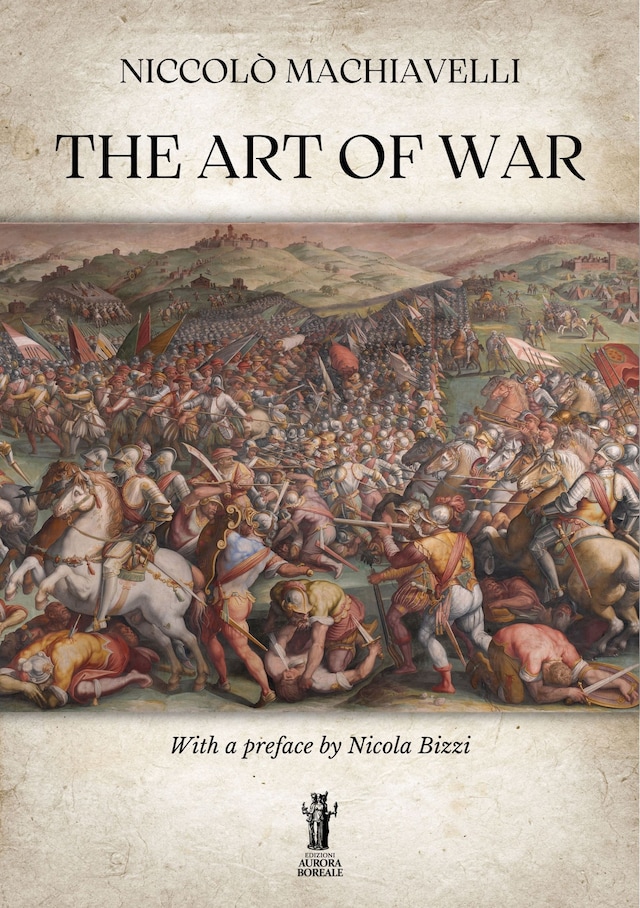
The Art of War
Description of book
Niccolò Machiavelli (1469-1527) was an Italian diplomat, philosopher, historian, writer and Pythagorean initiate who lived in Tuscany during the Renaissance. He wrote comedies, carnival songs, poems, several books and historical and philosophical treatises, but is internationally best known for his political treatise The Prince (Il Principe), written around 1513 but not published until 1532. He has often been called the father of modern political philosophy and political science.
For many years he served as a senior official in the Florentine Republic with responsibilities in diplomatic and military affairs, and worked as secretary to the Second Chancery of the Republic of Florence from 1498 to 1512, when the Medici family was temporarily out of power.
His personal correspondence is also considered important for historians and scholars of the Italian Renaissance and of international relations between the fifteenth and sixteenth centuries.
Member of the Florentine Platonic Academy, which in its last phase (that of the Orti Oricellari), on the impulse of the Pythagorean Order had become a laboratory of political conspiracy, Machiavelli assumed more and more positions hostile to the power of the Medici family, taking part in conspiracies hatched by Zanobi Buondelmonti and Luigi Alamanni.
The Art of War (Dell’arte della guerra), written between 1519 and 1520 and published the following year, was Machiavelli’s only historical or political work printed during his lifetime, though he was appointed official historian of Florence and entrusted with minor civil duties.
The format of this works, still studied worldwide in many military academies, is a socratic dialogue. It’s divided into a preface and seven books, which take the form of a series of dialogues that take place at the Orti Oricellari, the last seat of the Florentine Platonic Academy. About this work, the French philosopher Voltaire wrote: «Machiavelli taught Europe the art of war; it had long been practiced, without being known». We propose it today to our readers in the valuable English translation of 1675 by Henry Neville.
 Niccolò Machiavelli
Niccolò Machiavelli 237 Pages
237 PagesCategories:
Format:
Language:
English